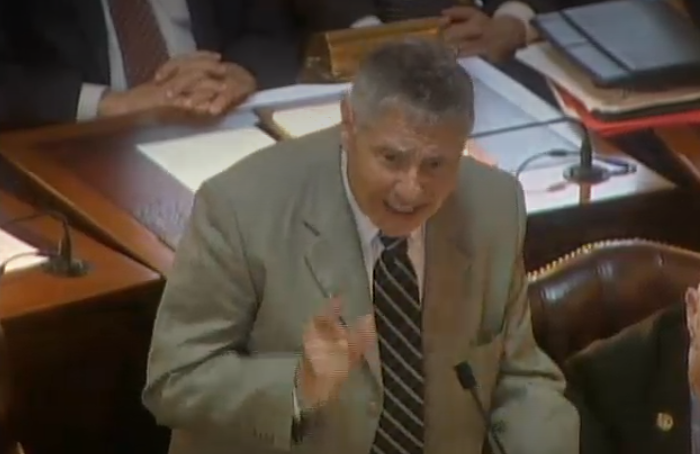
Emergency glucagon is administered when a diabetic individual is experiencing severe hypoglycemia, or low blood sugar, and cannot obtain sugar normally. They often come in the form of a nasal spray, auto-injectors, or prefilled syringes.
“EMTs are already trained to recognize the signs and symptoms of diabetic emergencies, but they are not allowed to administer the emergency care that can make a life-saving difference,” said Senator Singleton (D-Burlington). “Extending permission to administer blood glucose tests and emergency glucagon to EMTs will enable first responders to effectively treat patients without the need to wait for advanced life support services.”
The bill, S-3278, would require the Commissioner of the Department of Health to establish a process for EMTs to obtain a certification that permits them to administer the aforementioned treatment and tests. In order to obtain certification, an EMT would be required to complete an educational course and pass an examination in the administration of blood glucose tests and emergency glucagon.
The Commissioner would be permitted to by order or regulation, modify, suspend, or terminate the certification of an EMT to administer glucagon and blood glucose tests if necessary for public health, safety, or welfare.
The bill was approved by the Senate in a unanimous vote.
The Senate recently passed the Singleton Bill, a groundbreaking piece of legislation that will allow Emergency Medical Technicians (EMTs) to provide expanded care for diabetic emergencies. This bill represents a significant step forward in improving the quality of care for individuals experiencing diabetic emergencies and ensuring that they receive the timely and appropriate treatment they need.
Diabetes is a chronic condition that affects millions of Americans, and diabetic emergencies can be life-threatening if not treated promptly and effectively. Currently, EMTs are limited in the care they can provide for individuals experiencing diabetic emergencies, often having to wait for a paramedic or other advanced medical professional to arrive on the scene before administering certain treatments.
The Singleton Bill seeks to address this issue by allowing EMTs to administer glucagon, a hormone that raises blood sugar levels, to individuals experiencing severe hypoglycemia (low blood sugar). This expanded authority will enable EMTs to provide critical care to individuals in diabetic emergencies more quickly and efficiently, potentially saving lives in the process.
In addition to allowing EMTs to administer glucagon, the Singleton Bill also includes provisions for training and education to ensure that EMTs are properly equipped to handle diabetic emergencies. This will help to ensure that EMTs have the knowledge and skills necessary to provide high-quality care to individuals with diabetes and prevent complications from arising.
Overall, the passage of the Singleton Bill represents a significant victory for individuals with diabetes and the EMTs who care for them. By expanding the scope of care that EMTs can provide for diabetic emergencies, this legislation will help to improve outcomes for individuals experiencing these life-threatening situations and ensure that they receive the timely and appropriate treatment they need.



